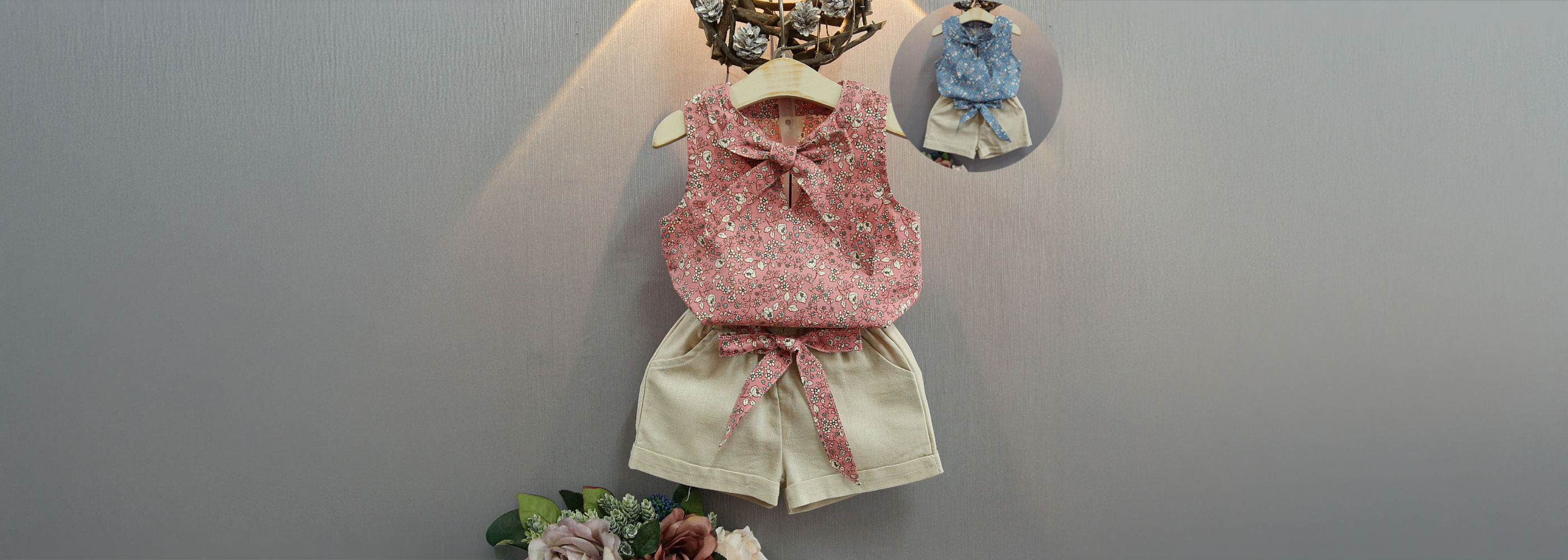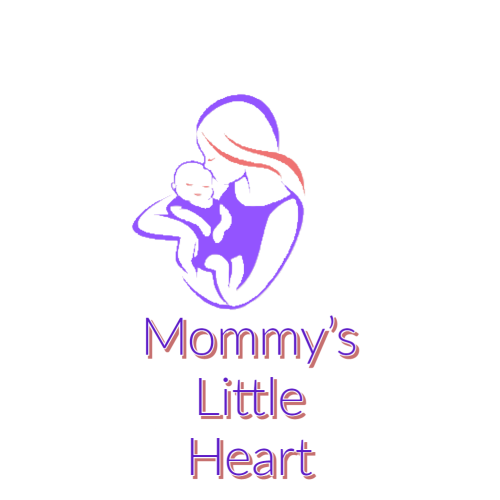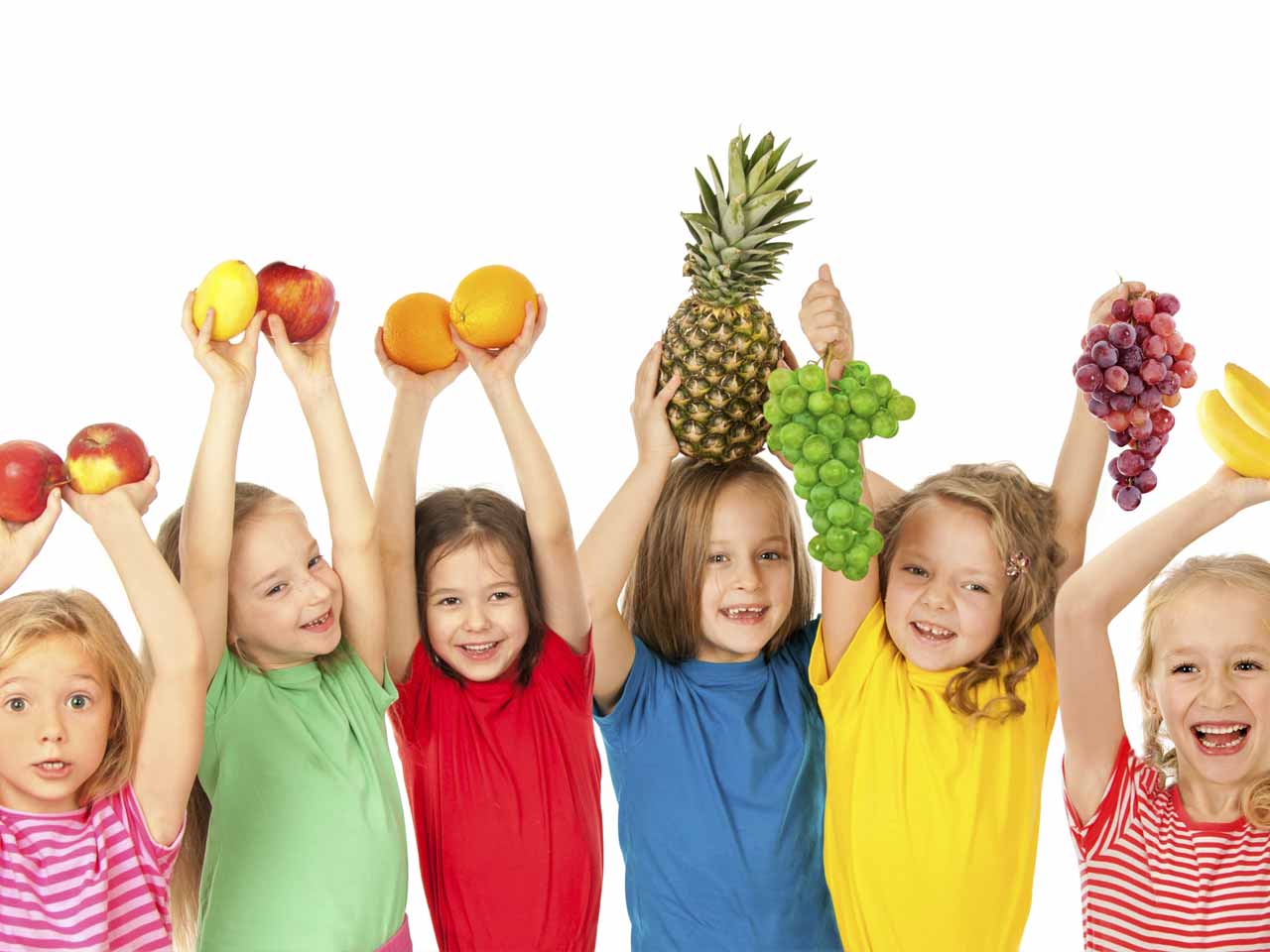
Nutrition while Breastfeeding
Your nutrition during breastfeeding isn’t affected by your diet unless you’re eating habits are inadequate. You do need to be sure to take in enough calories and water for your body to produce adequate milk. Your baby may react a different way to certain foods, but if you pay attention to how your baby responds, you can figure out what foods to avoid.


Breastfeeding women should take in 400 – 600 more calories a day than they would normally eat. The amount varies according to how much you weigh and how much fat you gain during pregnancy. Lactating does burn fat and breastfeeding helps get rid of some of the extra fat stores that you may have. Avoid losing weight too fast or milk production will suffer. Also, avoid gaining weight while breastfeeding, if so, you are more likely taking in too many calories and/or not exercising enough.


Extra vitamins and minerals are needed like Vitamin D, Calcium and Iron. It is a good idea to continue taking your prenatal vitamins or another balanced supplement while nursing. Omega-3 fatty acids are also important for your baby’s development. You should consume about 200mg – 300mg of these a day.
Breastmilk is mainly water (87%). You must take in at least 72oz of fluid per day (about 9 glasses of water, milk and/or juice). Be sure to not go overboard, because too many fluids may decrease your milk production. Monitoring your urine output is a good way to tell whether you’re getting the proper amount of fluids. If you urinate infrequently or if the color is a deep yellow, you’re probably not getting enough. If you are constantly urinating, you may be drinking too much. If you find that your baby is fussy and having trouble sleeping, your caffeine intake may be too much. Try cutting back on coffee and/or soda until you find a level your baby can tolerate.


Bambini Clothing

Boy Clothes


Girl Clothes
Sources of Nutrition
Below we will list good nutritional facts.
Protein (65g per day):
- Lean Meats
- Fish (no more than 2 seafood meals per week to keep mercury intake down)
- Yogurt (especially Greek)
- Nuts and Nut products
- Legumes (Beans and Whole Grains)
- Eggs


Omega-3 Fatty Acid
- Low Mercury Fish (like Salmon and Sardines)
- Flaxseeds
- Chia Seeds
Vitamin D (6400 IU a day)
- Milk fortified or milk substitutes
- Cereal and Grains with fortified Vitamin D
Iron (9 mg per day) - If diagnosed with Anemia in the past or had heavy bleeding during delivery, you may require more than this)
- Lean Meats and Seafood
- Nuts and Seeds
- Fortified Grains


Healthy food while nursing
What to Limit While Breastfeeding
Caffeine – Keep caffeine consumption less than 500mg per day if possible
Alcohol – 1 or less per day while breastfeeding. The best time to have a drink is immediately after breastfeeding, since it takes time for alcohol to reach the breastmilk. This will give the most time for the alcohol to clear before your next feeding. If intoxicated it is not safe to breastfeed your baby. You cannot (pump and dump) the alcohol out of your milk, it will clear at the same rate it clears your blood. Premature babies and newborns require a more conservative approach because they may not metabolize medication and alcohol as effectively as older healthy infants.
Breastfeeding fuels your child but can be fatiguing for the mother. Keep your child and yourself safe with proper nutrition. Consult your Physician with questions about what to eat and what to avoid while breastfeeding. Focus on making healthy choices to help fuel your milk production.


Mother prepping food with daughters.
Vegetarian Diet
If you follow a Vegetarian diet, it is important to chose foods that will give you the nutrients you need.
Iron
- Lentils
- Enriched Cereals, Whole Grain products
- Peas
- Dark Leafy Green Vegetables
- Dried Fruit
Protein
- Eggs
- Dairy products
- Plant sources such as Soy products, Meat Substitutes, Legumes, Lentils, Nuts, Seeds and Whole Grains

Related Posts
Pregnancy Depression
It is normal for every expectant mom to have her difficulties. If your lows are consistent and frequent, you may be among the 10-15 percent of women who battle mild to moderate depression during pregnancy.Both emotional & physical depression shows up in a variety of symptoms, that go well beyond standard moms-to-be moodiness. They can include feeling sad, empty, hopeless, and emotionally lethargic, having sleep disturbances (you don't feel like eating at all, or you're eating all the time), feeling fatigued and lacking energy (above what's normal in pregnancy) and/or feeling agitated or restless, losing interest in work, friends, family, and activities you usually enjoy, losing concentration and focus, having exaggerated mood swings (more dramatic than what's normal in pregnancy), and even having self-destructive thoughts. There may also be unexplained aches and pains.
Nutrition while Breastfeeding
Your nutrition during breastfeeding isn’t affected by your diet unless you’re eating habits are inadequate. You do need to be sure to take in enough calories and water for your body to produce adequate milk. Your baby may react a different way to certain foods, but if you pay attention to how your baby responds, you can figure out what foods to avoid.
Exercising Tips for Pregnant Women
Before starting any type of fitness program, please consult your physician. Let him or her know what type of exercises you plan on doing, and whether they are safe for you.
Teaching Kids to Eat Healthy
If you were to offer your child a candy bar or an apple, which would they choose? What if instead, you offer them the choice between crackers and cheese or an apple? Teaching kids to eat well can be real tricky. You don't want to turn every meal into a lecture, but if you wait too long, they could pickup unhealthy habits in the meantime.







